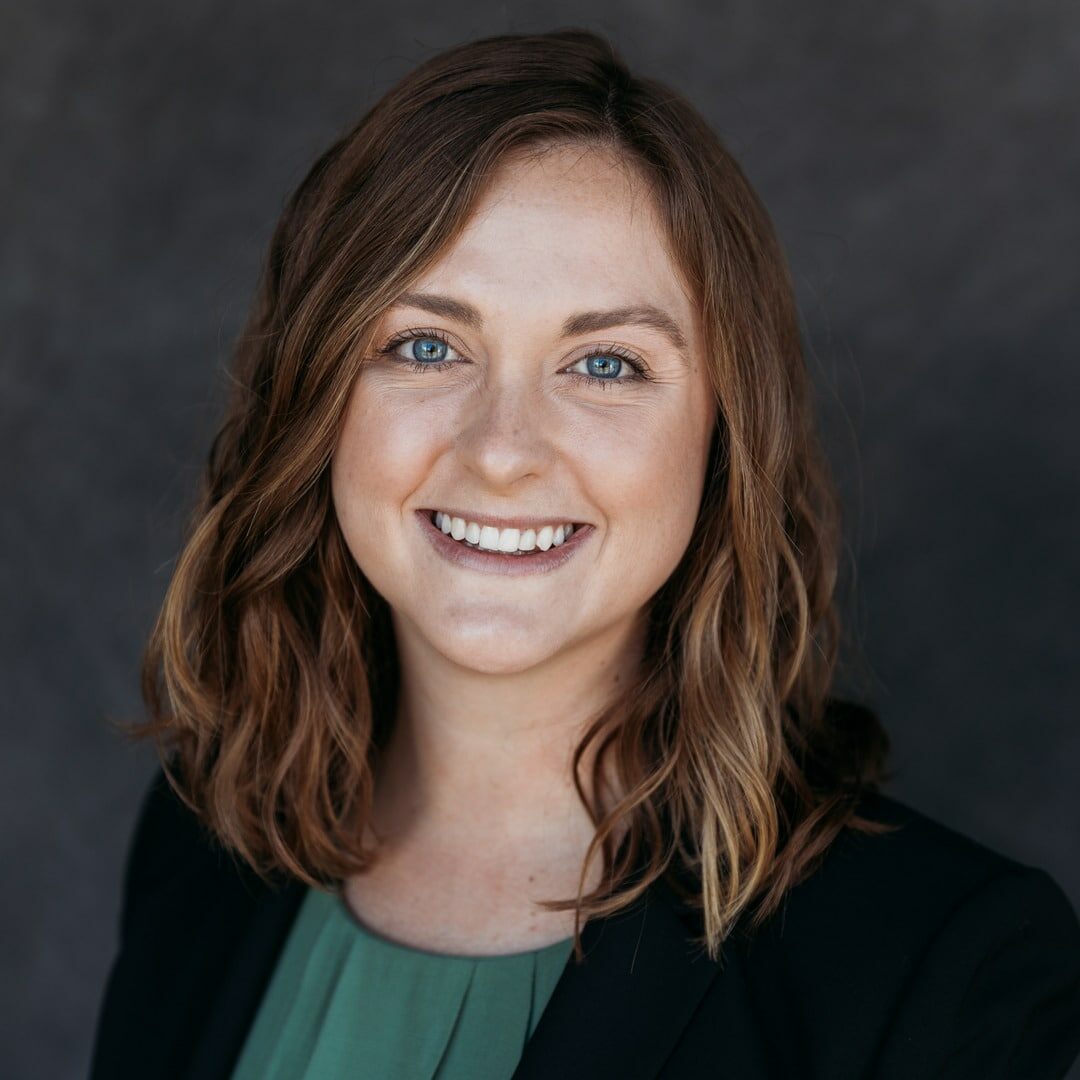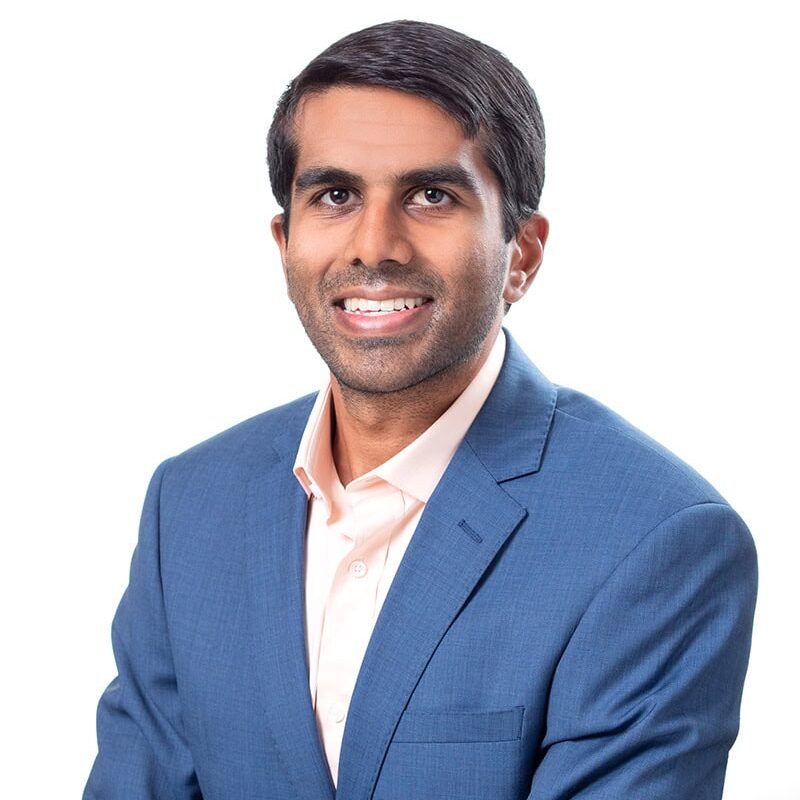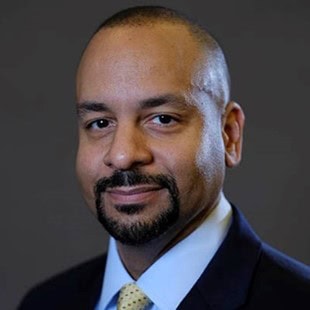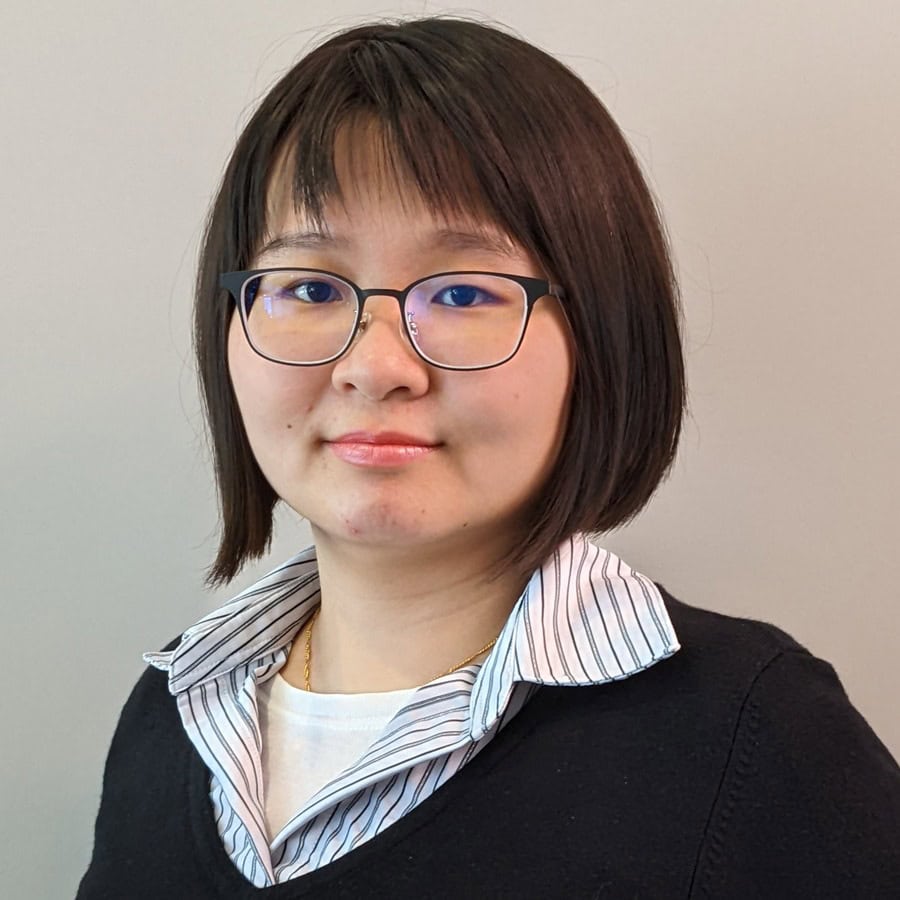Q: Why did you choose to present your research at SGIM23, and how was the experience?
A: I am a member of UW’s Internal Medicine Primary Care Track and Women’s Health Pathway. I am planning a career in academic primary care, and I was excited to share my research with the General Internal Medicine community at SGIM. My research mentor encouraged me to submit my research to the 2023 SGIM National meeting. Meeting other like-minded physicians and talking about my project was an incredible experience. The meeting was an excellent opportunity to learn from other GIM clinicians with diverse interests and career paths, all with a shared identity and passion for caring for the entire person.
Q: Please give a brief overview of your research.
A: My research was completed in collaboration with the University of Washington’s Breast Health Equity group, which aims to address the notable inequities between white and Black women across the breast cancer care continuum. Decreased mammography utilization significantly contributes to breast cancer disparities. Black women are diagnosed with breast cancer at more advanced stages and have higher mortality rates. In Seattle, there is a growing population of Black immigrant women, namely from the East African countries of Somalia and Ethiopia. It is hypothesized that immigrant Black women face complex and intersecting barriers that compound these inequities, as national mammography rates are among the lowest for recent immigrants. I led focus groups and performed qualitative analysis to help better understand experiences, beliefs, and barriers encountered by Somali and Ethiopian women regarding breast cancer screening and to facilitate a community-centered process for intervention design.
Q: What were some of the biggest challenges in conducting this study?
The biggest challenge was that most of our research team and I were not members of the Somali or Ethiopian communities. This study required a trusting relationship between our team and the Somali and Ethiopian community members who participated. We could not have completed (or even started) this project without the partnership of our two cultural mediators and interpreters from Harborview Medical Center. As members of the Somali and Ethiopian communities, the cultural mediators were locally trusted partners. They led recruitment and language interpretation processes during focus groups – two notable challenges for a study focused on very personal or private experiences. We worked with our cultural navigators to ensure the interview guides were clear and culturally appropriate, and we checked in with them during data analysis and synthesis to ensure our conclusions resonated with their observations from the groups and their interactions with community members.
Q: What do you hope will come from this study regarding adjustments to immigrant medical care in Seattle or follow-up research?
A: Ultimately, I hope that our findings can inform tailored, culturally relevant, and community-centered interventions to increase access to mammography for East African communities in our region, as well as improve partnerships and engagement with the diverse communities served by our academic medical center to promote patient advocacy and health equity.
Q: How has working with a small population of immigrant women impacted the way you care for patients?
A: In one of our final focus groups, we asked, “What do you wish your doctor knew about your culture or community?” A participant responded, “I want them to know about the whole person… like how do these people live?” She went on to share the amount of stress people in her community live with, particularly those who have recently arrived in the United States and do not know where to find information or resources: some are single parents, working multiple jobs and struggling without additional child care; many worry about expenses and food insecurity; some are experiencing homelessness. It was a heavy and important reminder that there is so much more to a person than what we see within the four walls of the clinic. To impact a patient’s health and well-being, we as clinicians must advocate and work to redesign our healthcare system to meet patients where they are and work for and with patients.
Frontliner
Job Position & Institution
3rd-Year Resident at the University of Washington's Internal Medicine Residency Training Program





